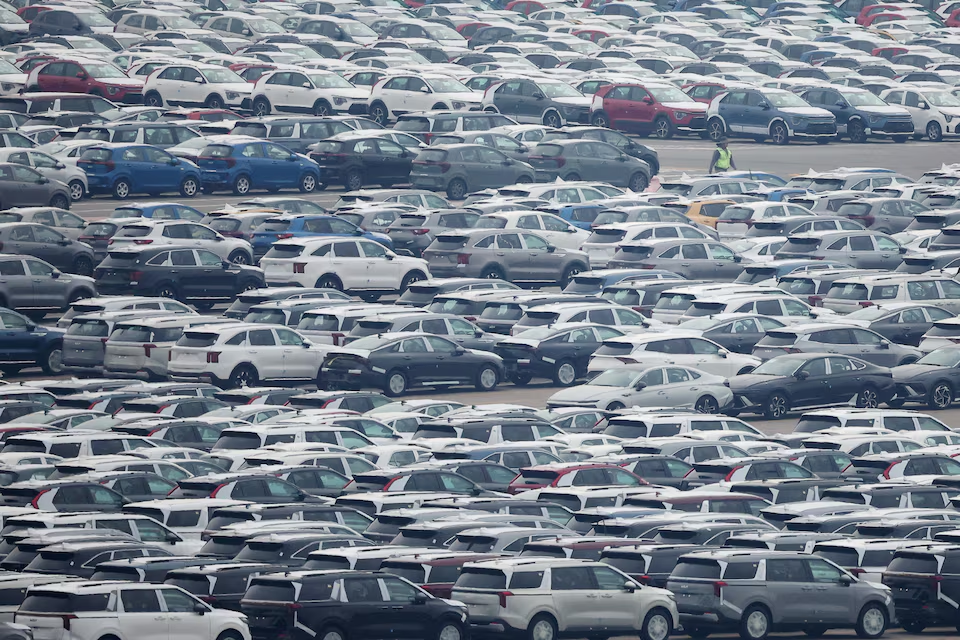
The Reuters article titled “From rubber ducks to 401(k)s, Trump voters feel tariff pain but most see long-term gain” examines the effects of President Donald Trump’s recent tariff policies on American consumers and business owners, particularly those who supported him in the 2024 election.
One highlighted case is Steve Egan, a Florida-based distributor whose cost for rubber ducks surged from 29 to 45 cents each due to the April 9 tariff increase on Chinese imports. This spike led to canceled orders and a 70% drop in his first-quarter sales compared to the previous year.
Reuters interviewed 25 Trump voters nationwide, finding that many have experienced financial strain from the tariffs, including declines in 401(k) retirement accounts and reduced consumer spending. Despite these challenges, most remain hopeful that the tariffs will eventually bolster domestic manufacturing and lead to fairer international trade agreements. However, economists caution that the tariffs could contribute to inflation and potentially trigger a recession.
The article also notes that federal budget cuts and stricter immigration enforcement are additional significant developments affecting voters. While support for Trump’s economic agenda has declined in recent polls, many backers are willing to endure short-term hardships for anticipated long-term benefits. Reuters plans to continue monitoring these voters’ perspectives through the 2026 midterm elections to assess evolving public sentiment.



